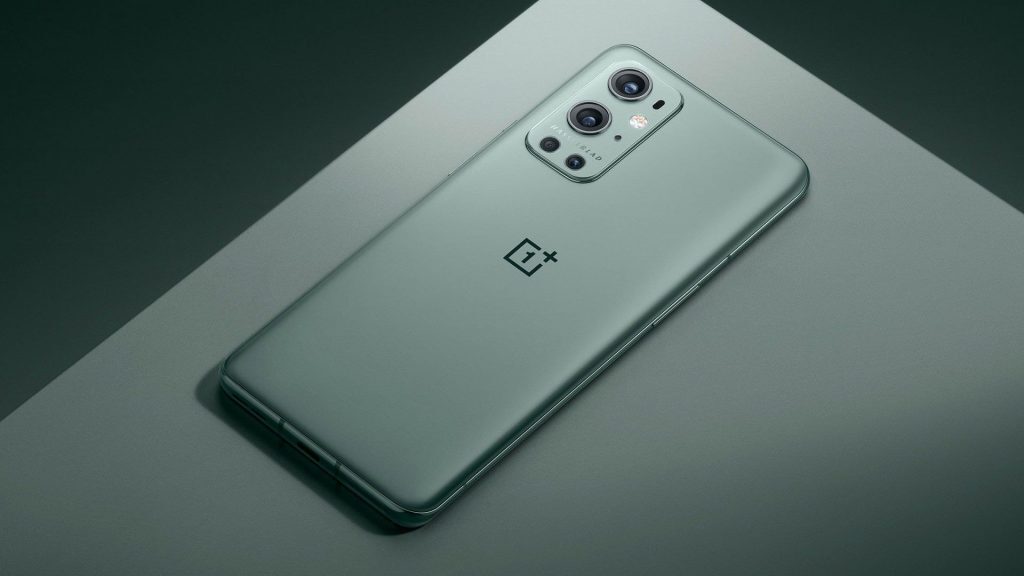OnePlus has come into the spotlight recently as it was reported by AnandTech that the company was reducing the performance of certain, prominent apps. Immediately, Apple’s “batterygate” comes to mind, which turned out to be kinda expensive. Not really, for a trillion dollar company, but it wasn’t nothing. Did Oneplus miss that one?
What’s in it for OnePlus?
Initial findings showed that the Chrome browser in particular saw its performance drastically reduced when running performance benchmark tools. Following some pretty in-depth searching, AnandTech was able to uncover a OnePlus service that runs in the background. This service notes when a user opens an app and decides whether to add a modifier which changes how the device’s CPU handles the app in question. The modifiers can bee seen here (apparently) as the “01” and “02” that appears after “160 cpu_bouncing_”.
I/OPPerf: perfAcquire # perflock change #: SPerfInfo{net.oneplus.launcher 160 cpu_bouncing_01 0}
I/OPPerf: perfAcquire # SCHEDTUNE change # : SPerfInfo{net.oneplus.launcher 160 cpu_bouncing_01 0}
I/OPPerf: mayPerfRelease # : SPerfInfo{net.oneplus.launcher 160 cpu_bouncing_01 0}
I/OPPerf: mayPerfRelease # reset SCHEDTUNE # : SPerfInfo{net.oneplus.launcher 160 cpu_bouncing_01 0}
I/OPPerf: perfAcquire # SPerfInfo{com.android.chrome 160 cpu_bouncing_02 0}
I/OPPerf: perfAcquire # set SCHEDTUNE #: SPerfInfo{com.android.chrome 160 cpu_bouncing_02 0}
If you look at all of that and say “Well, yes of course. It’s all rather quite simple.” then good for you, you smarty. If, like us, your reaction is more along the lines of “Cool, and?” then all you need to know is that OnePlus is intentionally throttling some apps, preventing them from using all the processing power that the device has to offer.
The wizards at AnandTech were even able to determine a short-list of apps that were seeing their performance cut. Some of these are Chrome, Firefox, Twitter, Zoom, WhatsApp, Facebook, Instagram, Snapchat, YouTube, Discord and Microsoft’s Office apps. Curiously, the comapny’s own apps were also on the list. Benchmark apps, however were not. That led to popular benchmarking app Geekbench to delist the OnePlus 9 and 9 Pro from their charts citing benchmark manipulation.
Surely though a company like OnePlus, who has always been seen as the underdog bringing the fight to the bigger companies like Samsung and Apple with their ‘flagship killers’, wouldn’t break the trust they’ve built with their customer base? Our initial thoughts were, no. The company must have a good reason for doing this.
Okay, and…?
In response to this, the company gave a statement to XDA-Developers which confirms their seemingly sneaky actions.
“Our top priority is always delivering a great user experience with our products, based in part on acting quickly on important user feedback. Following the launch of the OnePlus 9 and 9 Pro in March, some users told us about some areas where we could improve the devices’ battery life and heat management. As a result of this feedback, our R&D team has been working over the past few months to optimize the devices’ performance when using many of the most popular apps, including Chrome, by matching the app’s processor requirements with the most appropriate power. This has helped to provide a smooth experience while reducing power consumption. While this may impact the devices’ performance in some benchmarking apps, our focus as always is to do what we can to improve the performance of the device for our users.”
So OnePlus says it’s looking out for us then, by making sure our batteries don’t degrade too fast and our hands don’t get too hot. We’ll reluctantly buy it, but there was definitely a better way to do this. For a start, not rolling this out as a post-launch update after all the reviewers have told potential buyers what they can expect. Secondly, if you’re going to take that kind of control away from the user at least have the decency to make it a choice.




